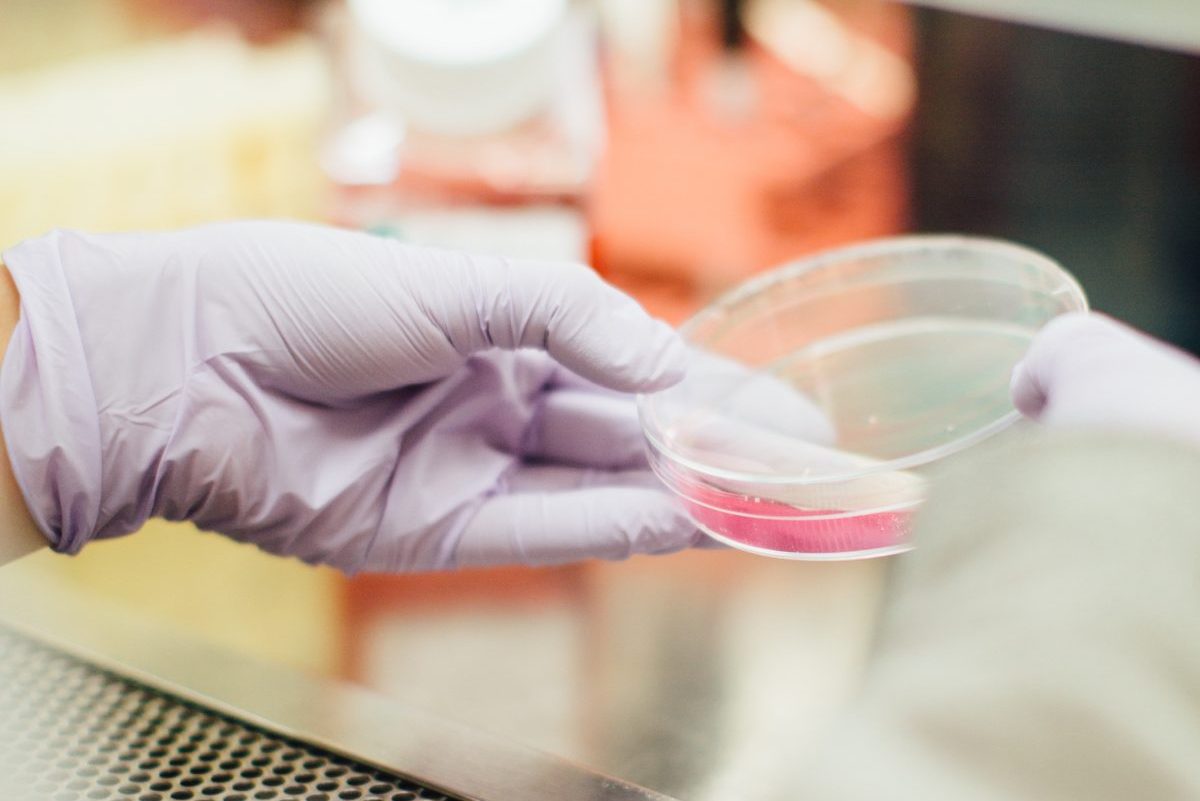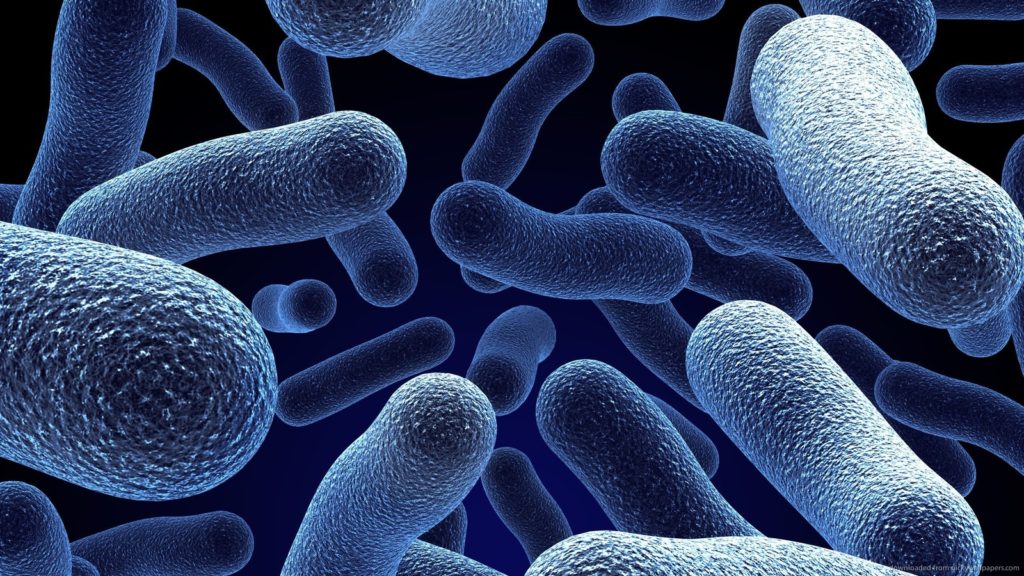New Study: Breast Cancer Linked to Bacterial Imbalances

Researchers from the Cleveland Clinic have uncovered differences in the bacterial composition of breast tissue of healthy women vs. women with breast cancer.
Importance of Bacteria
Bacteria that exists in your body is often thought of as unhealthy, but certain strains of bacteria are crucial to your overall health, specifically digestion and immunity. Inadequate amounts of healthy bacteria in the intestines often lead to issues throughout the body and have been linked to many diseases. It has been reported that researchers have long suspected that a “microbiome”, or bacteria, live within breast tissue and play a role in breast cancer and suggest that the microbes in the gut may regulate estrogen levels, leading to estrogen-receptor positive breast cancer. This clinical study has taken the first step towards understanding the composition of the bacteria in breast cancer by uncovering distinct microbial differences in healthy and cancerous breast tissue.
Breast Cancer Facts
According to the American Cancer Society, breast cancer starts when cells in the breast begin to grow out of control and usually form a tumor. If the tumor is malignant, the calls grow into and invade surrounding tissues or metastasize to distance areas of the body. Breast cancer commonly occurs in woman, but men can get breast cancer too.
There is no sure way to prevent breast cancer as there are many risk factors out of your control – family history and aging, for example. However, there are other risk factors that you have control over that may lower your risk, according to the American Cancer Society.
- Get to and stay at a healthy weight
- Be physically active
- Limit or avoid alcohol
First Study on Bacteria within Breast Tissue
Co-senior author Charis Eng, M.D., Ph.D., chair of Cleveland Clinic’s Genomic Medicine Institute and director of the Center for Personalized Genetic Healthcare reported, “To my knowledge, this is the first study to examine both breast tissue and distant sites of the body for bacterial differences in breast cancer. Our hope is to find a biomarker that would help us diagnose breast cancer quickly and easily. In our wildest dreams, we hope we can use microbiomics right before breast cancer forms and then prevent cancer with probiotics or antibiotics.”
Published online in the journal Oncotarget, this small study examined the tissues of 78 patients who underwent mastectomy for invasive carcinoma (elective cosmetic breast surgery). Oral rinse and urine was also examined to determine the bacterial composition of these distant sites in the body.
The research team discovered for the first time that healthy breast tissue contains more of the bacterial specific methylobacterium. The team also discovered that cancer patients’ urine samples had increased levels of gram-positive bacteria, including Staphylococcus and Actinomyces. Further studies are needed to determine the role these organisms may play in breast cancer.

Researchers Optimistic Outlook
Co-senior author Stephen Grobymer, M.D., states, “If we
can target specific pro-cancer bacteria, we may be able to make the environment less hospitable to cancer and enhance existing treatments. Larger studies are needed but this work is a solid first step in better understanding the significant role of bacterial imbalances in breast cancer.
Probiotics
According to Archana Gogna, MS, CNS, MBA, probiotics are friendly bacteria that make up the microbiome of the gut, are key to good health, and the gateway to good digestion and regularity. Healthy bacteria has been shown in rigorous human clinical trials to help with the following –
- Crowd out and limit the growth of putrefactive microorganisms that contribute to ill health
- Create an acidic environment out of the fibers in fruits and vegetables that limit the growth of infectious bacteria and produce antimicrobial-like substances that contribute to the control of bacteria like E-coli, and yeasts.
- Help energize the enzymes that improve digestion and the absorption of nutrients. This may help lactose intolerance, as well as other digestive issues that can lead to bloating or constipation.
- Produce certain B-vitamins and vitamin K. They have also shown to facilitate the absorption of minerals such as Calcium, Magnesium, Iron and Zinc.
- Release acetate from the fibers in fruits and vegetables to help us feel full and create CLA out of vegetable fats that helps burn belly fat
- Colonize the skin and mucous membranes and play an important role healthy microbial balance of the skin, vaginal region, breasts and urinary tract.
- Support digestive comfort
- Support daily bowel movements
- Support total body immunity
- Are appropriate to take year-long for many people